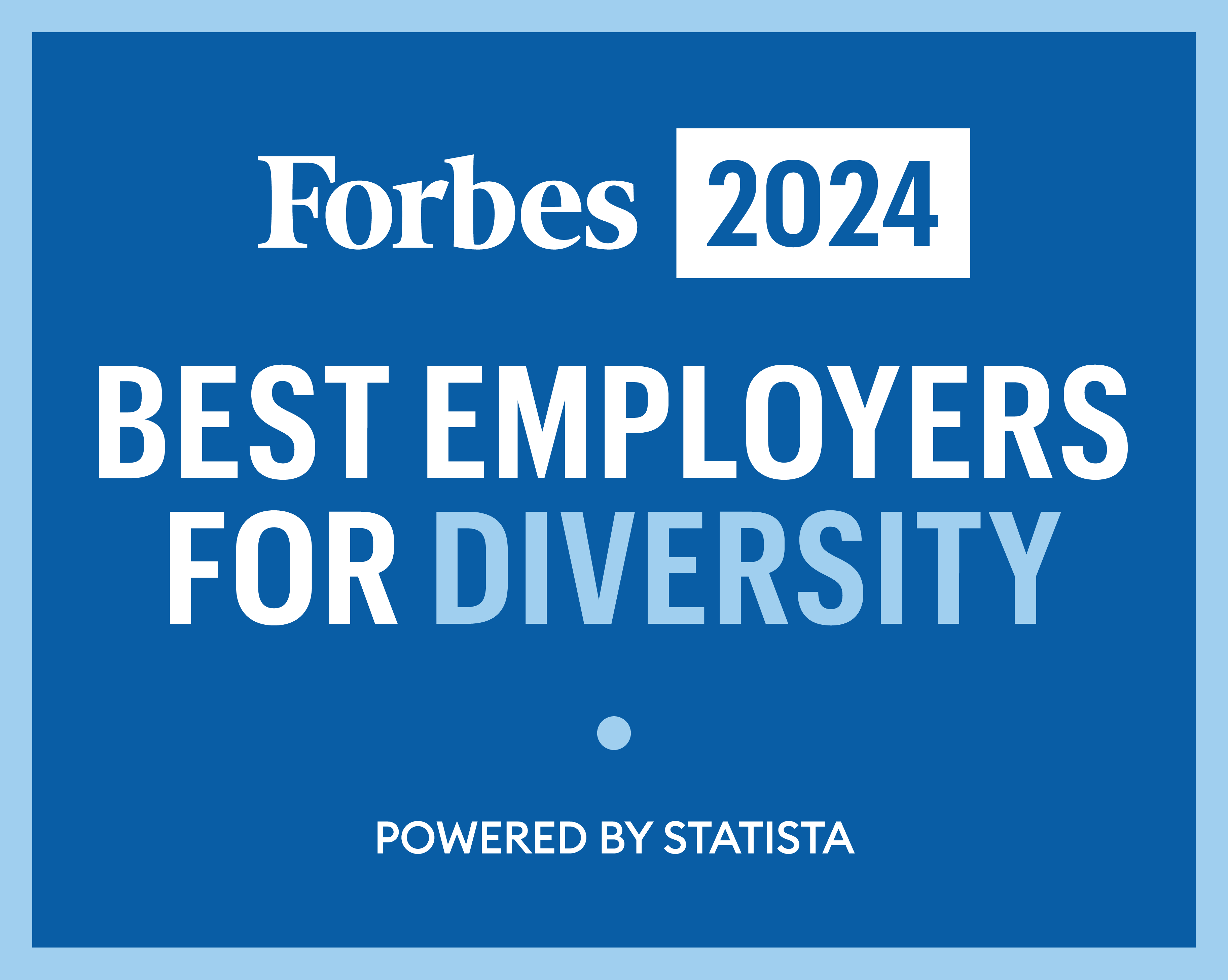Assistant Specialist-Crop Sensing Group-McElrone Lab
Position overview
Application Window
Open date: December 5, 2024
Next review date: Friday, Dec 20, 2024 at 11:59pm (Pacific Time)
Apply by this date to ensure full consideration by the committee.
Final date: Monday, Dec 23, 2024 at 11:59pm (Pacific Time)
Applications will continue to be accepted until this date, but those received after the review date will only be considered if the position has not yet been filled.
Position description
The UC Davis-USDA ARS Crop Sensing Group seeks a full-time technician to assist field research activities in a variety of multidisciplinary projects in biometeorology, crop sensing technologies, and plant ecophysiology. This position will be housed in a USDA lab at UC Davis, support research activities at sites across the Central Valley and other wine-growing regions of California, and include work on grapevines, almonds, olives, pistachios, and other Mediterranean crops.
The position of Specialist has a narrow focus in a specialized area and provides technical or specialized expertise (e.g., with instrumentation and research equipment) in the planning and execution of a research project. The Specialist stays apprised of emerging issues and problems and maintains technical competence in the designated area(s) of specialization. Within this defined area and when appropriate, the Specialist is expected to provide leadership, facilitate teamwork and develop collaborative relationships with colleagues, and to supply input into the planning of research and educational programs. Normally, Specialists do not have Principal Investigator (PI) status but may obtain permission by exception and/or collaborate with a PI in preparing research proposals for extramural funding. The Specialist is evaluated for merit and promotion using three basic criteria outlined below.
MAJOR RESPONSIBILITIES & DESIGNATED AREAS OF EXPERTISE
I. RESEARCH IN SPECIALIZED AREAS (90% EFFORT)
The Specialist will work supporting the design and implementation of research data acquisition based on sensing systems such as hyperspectral and thermal sensors and cameras, LiDAR, Doppler LiDAR, and Distributed Temperature Sensors (DTS), among others. The Specialist will maintain the system to warranty appropriate performance, identify data quality issues, and develop plans to address potential problems. Specific task and responsibilities of the Specialist are:
- Develop Maintenance protocols and multiple Standard Operating Procedures to support the data collection.
- Train and work with researchers, junior specialists, and graduate and undergraduate students. The Specialist is responsible for overseeing the appropriate use of field research equipment and providing feedback when activities might compromise the safety of team members and/or the equipment.
- Prepare field supplies and maintain field instrumentation.
- Operate and maintain an inventory of specialized equipment and disposables used as part of this area of the Crop Sensing Group research program. Maintain the laboratory environment in a safe and organized manner, including keeping inventories of key equipment, chemicals, and disposables.
- Perform field assignments in a variety of conditions (e.g., weather, terrain, etc.)
- Record activities and complete work according to Field Operations protocol.
- Supports data management and analysis.
- Prepares data set summaries for reports, outreach documents, and scientific manuscripts. Contribute significantly to the preparation of manuscripts, including leading portions of the writing as appropriate based on technical expertise.
II. PROFESSIONAL COMPETENCE AND ACTIVITY (5% EFFORT)
A. Participate in appropriate professional/technical societies, groups, and other educational and research organizations.
B. Review research proposals, journal manuscripts, and publications related to the area of expertise.
C. Participate in training programs to enhance skills.
III. UNIVERSITY AND PUBLIC SERVICE (5% EFFORT)
A. May maintain liaison and respond to the needs of various industry organizations, state and federal agencies, and other external groups on issues related to area of expertise.
B. May participate in activities of committees within the department, college, campus, and other University entities, as appropriate.
One-year appointment based on funding and performance with the possibility of renewal based on funding and performance.
PLEASE NOTE
An Assistant Specialist appointee should possess expertise consistent with four to six years of training and/or experience in the relevant area of research and specialization. Appropriate qualifications for appointees at this rank would include possession of a Master’s degree in a relevant discipline, or possession of a relevant baccalaureate degree plus three or more years of research experience. It is inappropriate to appoint an individual with a doctorate in a discipline relevant or related to the research as an Assistant Specialist.
Qualifications
MS degree in Remote Sensing, Agricultural Engineering, Environmental Engineering, Geography, Hydrology, Meteorology, Horticulture, or Agronomy
- Experience flying uncrewed aerial vehicles (UAVs) for research data acquisition
- Experience with thermal imagery acquisition and post-processing
- Experience with LiDAR systems and data port-processing
- Knowledge of best practices for accurate and repeatable field and laboratory measurements across multiple scientific disciplines
- Coding skills (e.g., Phyton, R+, Matlab)
- Experience with dataloggers and/or prototyping boards (e.g., Arduino, Raspberry Pi)
- Technical skills using best practices in the field and the ability to identify issues with field sensor instrumentation
- Due to the limited number of positions, technicians must be willing and able to learn and perform procedures and methods outside their primary responsibility
- Willingness to perform maintenance and field sampling outdoors in sparsely populated, remote locations, ranging from 1/2 hour to 4 hours from the domain office. Overnight travel is typical throughout the summer season
- Ability and willingness to work varied field operations schedules (up to 12+ hours per day), including split-shift, part-time, pre-dawn early mornings, evenings, and weekends
- Ability to follow written and verbal instructions
- High level of attention to detail and accuracy
- Ability to work independently and as part of a team
- Strong work ethic and enthusiasm
- Experience with hyperspectral systems
- Experience with meteorological sensors
- Minimum field research experience in agricultural systems
Application Requirements
Curriculum Vitae - Your most recently updated C.V.
Cover Letter (Optional)
Statement of Contributions to Diversity, Equity, and Inclusion - Contributions to diversity, equity, and inclusion documented in the application file will be used to evaluate applicants. Visit https://academicaffairs.ucdavis.edu/faculty-equity-and-inclusion for guidelines about writing a statement and why one is requested.
- 3-5 required (contact information only)
Help contact: ansjacobs@ucdavis.edu
About UC Davis
UC Davis is a smoke and tobacco-free campus (http://breathefree.ucdavis.edu/).
We are an Affirmative Action/Equal Opportunity employer, and particularly encourage applications from members of historically underrepresented racial/ethnic groups, women, individuals with disabilities, veterans, LGBTQ community members, and others who demonstrate the ability to help us achieve our vision of a diverse and inclusive community.
The University of California is an Equal Opportunity/Affirmative Action Employer. All qualified applicants will receive consideration for employment without regard to race, color, religion, sex, sexual orientation, gender identity, national origin, disability, age, protected veteran status, or other protected categories covered by the UC nondiscrimination policy.
For the University of California's Affirmative Action Policy, please visit: https://policy.ucop.edu/doc/4010393/PPSM-20
For the University of California's Anti-Discrimination Policy, please visit: http://policy.ucop.edu/doc/1001004/Anti-Discrimination
Under Federal law, the University of California may employ only individuals who are legally able to work in the United States as established by providing documents as specified in the Immigration Reform and Control Act of 1986. Certain UC Davis positions funded by federal contracts or sub-contracts require the selected candidate to pass an E-Verify check. More information is available at: http://www.uscis.gov/e-verify
The University of California, Davis (UC Davis) is committed to inclusive excellence by advancing equity, diversity and inclusion in all that we do. UC Davis celebrates the multi-cultural diversity of its community by creating a welcoming and inclusive environment demonstrated through a variety of resources and programs available to academics, staff, and students. Diversity, equity, inclusion, and belonging are core values of UC Davis that are embedded within our Principles of Community and are tied with how to best serve our student population. Our excellence in research, teaching, and service can best be fully realized by members of our academic community who share our commitment to these values, which are included in our Diversity and Inclusion Strategic Vision, our strategic plan: “To Boldly Go,” our Principles of Community, the Office of Academic Affairs’ Mission Statement, and the UC Board of Regents Policy 4400: Policy on University of California Diversity Statement. UC Davis is making important progress towards our goal of achieving federal designation as a Hispanic-Serving Institution and an Asian American, Native American, and Pacific Islander-Serving Institution. The Office of Diversity, Equity, and Inclusion offers a plethora of resources on their website, and the Office of Health Equity, Diversity, and Inclusion (HEDI) has outlined similar goals in their "Anti-Racism and DEI Action Plan.” There are a plethora of links available on the About Us webpage where you can learn more about our Administration, Diversity and Inclusion, Rankings, Locations, Native American Land Acknowledgement, Sustainability, Visiting UC Davis, UC Davis Health, and Campus Safety.
The university is consistently ranked among the top institutions in the world for campus sustainability practices by the UI Green Metric World University Rankings. UC Davis is focused on achieving net-zero greenhouse gas emissions and repeatedly shown its commitment to preserving a healthy and sustainable environment for generations to come.
As a University employee, you will be required to comply with all applicable University policies and/or collective bargaining agreements, as may be amended from time to time. Federal, state, or local government directives may impose additional requirements.

